Last year I wrote a post describing camp as the quintessential play-based environment, and therefore as the perfect contrast to what Jonathan Haidt sees as a modern affliction: the rise of a screen-based childhood. In his book The Anxious Generation he points his finger directly at smartphone use, a “safetyism” driving parenting trends, and the decline of community as the major factors contributing to the decline in the mental health we see among many young people in America. Quite rightly I think, he laments that our young people are spending too much of their time alone, indoors on their phones scrolling through social media, watching YouTube, and playing video games. And this is negatively affecting their wellbeing.
Now another recent (2024) book adds to the conversation; it’s The Extinction of Experience by Christine Rosen.
In this argument, it’s “mediating technologies” like smartphones, social media, and various apps that are diminishing who we are as human beings. Digital interactions are replacing face-to-face communication. Disembodied representations of reality have become substitutes for a sense of place. Idealized versions of things have become more common than direct experience, creating a “false realism.” Nowadays, we spend more time consuming the creations of others than having experiences of our own. She says, “more and more, we relate to our world through information about it rather than direct experience with it.” Certainly there are benefits to having more information, to using abstractions now and then, but there’s often a cost to completely losing touch with the details in things. Can you communicate well without seeing facial expressions? Can you understand the weather only from an app? Do you really know where you are if only by a GPS signal? Is a person really your friend if they’re only on Facebook?
The result is that many people, especially young people who have grown up tethered to these technologies, can begin to mistrust their own experience, seeing it as flawed, inadequate or disappointing. We seem to be raising a generation that struggles with in-person “awkward” conversations, with uncomfortable emotions like boredom, and with valuing the unpolished opportunities offered in the real world. Living through screens instead of directly engaging with the physical world reduces us to “users rather than experiencers.” Having everything filtered and sanitized in this way makes the real world, in all its complexities, something to be avoided, even feared.
Picture a teenager who won’t try a new restaurant because it seems “weird” or has mixed online reviews. Have you ever seen a group of friends sitting together but each so absorbed in their own device they’re essentially ignoring each other? Are the kids you know eager to go outside and do things, even to just “mess around?” How often do we enjoy downtime, have moments for reflection, rather than reach for our phones at every opportunity? How much are our kids learning from the people and world around them if they rarely lift their eyes from their personal screens?
Sometimes, I notice this when girls first arrive at camp. If left alone, they don’t seem to know what to do. Camp has a rhythm to prevent this, but otherwise they’d be “bored” without their phones. My hunch is they’ve grown so accustomed to constant electronic stimulation that the natural pace of real life, with its inherent pauses, quiet moments, and gradual build-up of engagement, feels uncomfortably foreign.
I think Rosen has identified an important warning. By mindlessly allowing our kids to define their world through these mediating technologies, we are robbing them of experiences critical to their successful development. We are shrinking what they know to what’s available on a screen, to what they can “post” on social media, and to what they find safe and convenient. We are stunting their ability to build mutually kind relationships. We are training them to distrust what’s unfamiliar and uncertain. We are turning them inward becoming more self-absorbed. We are making them fragile in the face of ordinary difficulties. We are isolating them from the beauty of the real world. We are shrinking their ability to live a rich life.
I may be overstating things, but Ugh! It’s pretty horrible if we put it like that! If you think of the young people you know, perhaps even your own kids, some of this is bound to resonate. It’s also easy to see how these effects caused by living a mostly mediated life are negative, and how we should do whatever we can to counter them.
Fortunately, there is camp. There is Rockbrook and its daily dose of unfiltered engagement with the real world. Here, we trade our digital technologies, all the clicks and swipes and “likes” it values, for a life lived in the arena of real experience. Rich with relationships of all kinds, camp life is more human in this way as it rests upon direct face-to-face communication, embodied interactions with the natural world, creativity and discovery. Camp life literally brings kids back to reality, providing essential human experiences through doing things. Rockbrook’s supportive and encouraging community is the foundation that empowers girls to explore, to face uncertainties, and to accept challenges. It’s designed to bring us together in the real world, forging friendships between our authentic selves.
Camp is a place to practice this humanity. It’s a place to meander through the natural world open to its beauty. It provides daily opportunities to listen, to talk and sing, and to connect face-to-face with others. At camp girls learn to find joy even in imperfect moments, in simply trying things, while not thinking about something polished to post on Instagram.
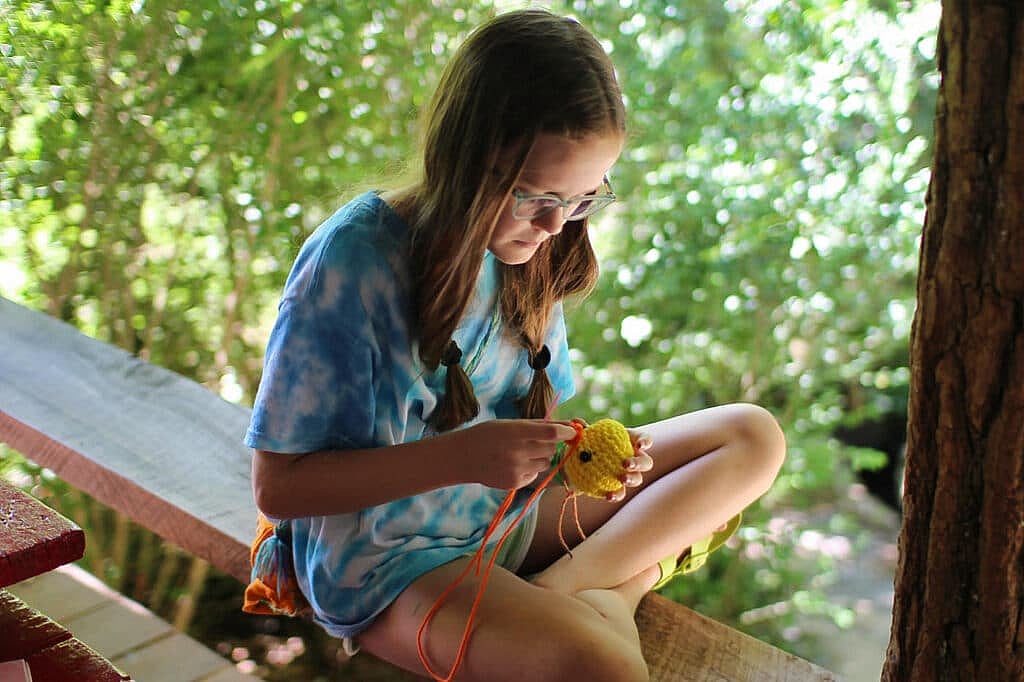
After time at camp, with no phones in hand, something remarkable begins to happen. Girls become more engaging, more excited to do things, and more interested in the world around them. They want to watch the sunset rather than take a selfie with it. They want to try the pottery wheel even though it’s bound to make them muddy. They want to hang out and chat in the rocking chairs on the porch. They find deep pleasure in singing. Girls who arrived a little shy and hesitant begin to speak up in group discussions. We all learn to navigate social conflicts through direct conversation rather than avoiding or filtering them through technology. We become at ease no matter what the weather, rain or shine.
Perhaps most importantly, they begin to trust their own judgment again. Without the constant ability to Google answers or check with their parents, they learn to make decisions based on their own observations and instincts. And through that, they begin to develop confidence in their ability to handle uncertainty and navigate challenges. They gain some grit simply by getting back to reality.
Back at home after camp, parents often tell us they notice their daughters seem more present, more confident in face-to-face interactions, and more willing to engage with things rather than retreat to their screens. Of course the lure of technology is powerful and your girls are bound to need encouragement to find the right balance, but now they’ve experienced first-hand what happens when we put down our phones. Camp has proven it; life is better! Let’s choose to make it so.
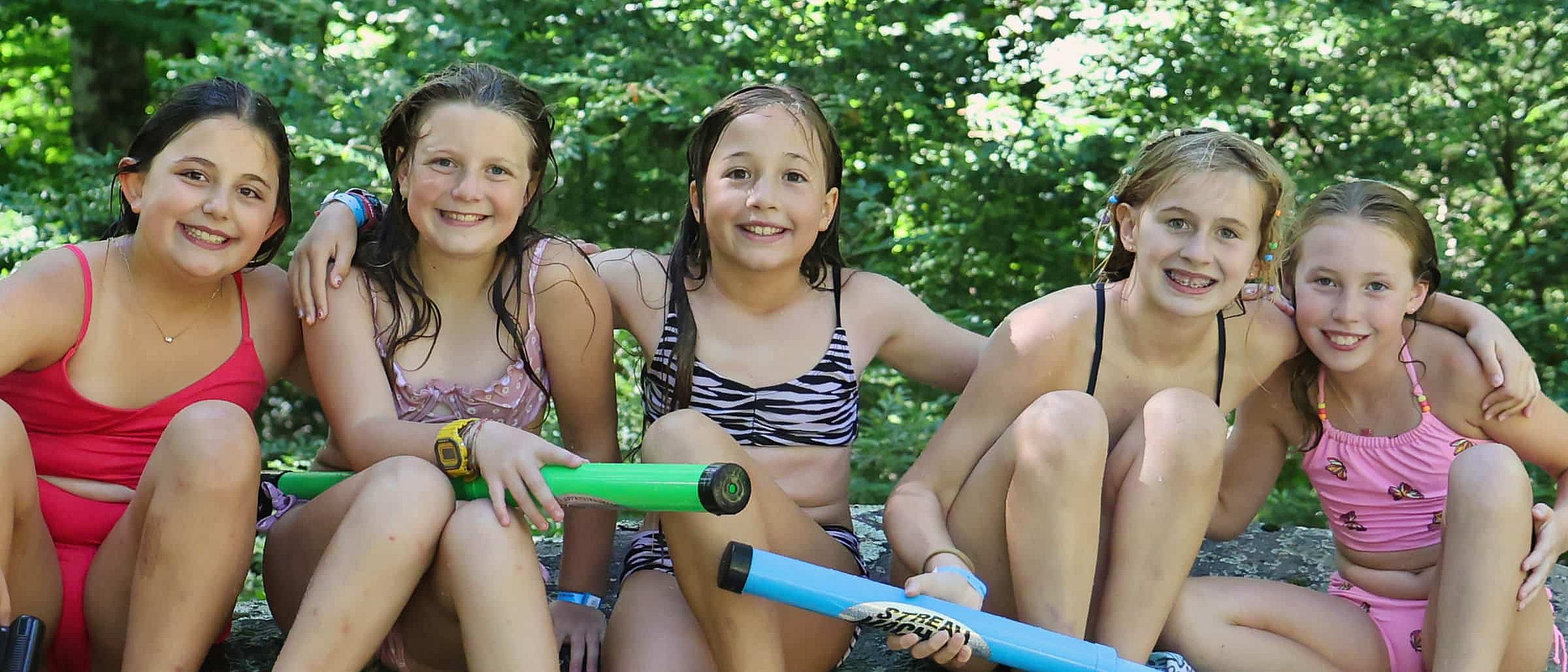
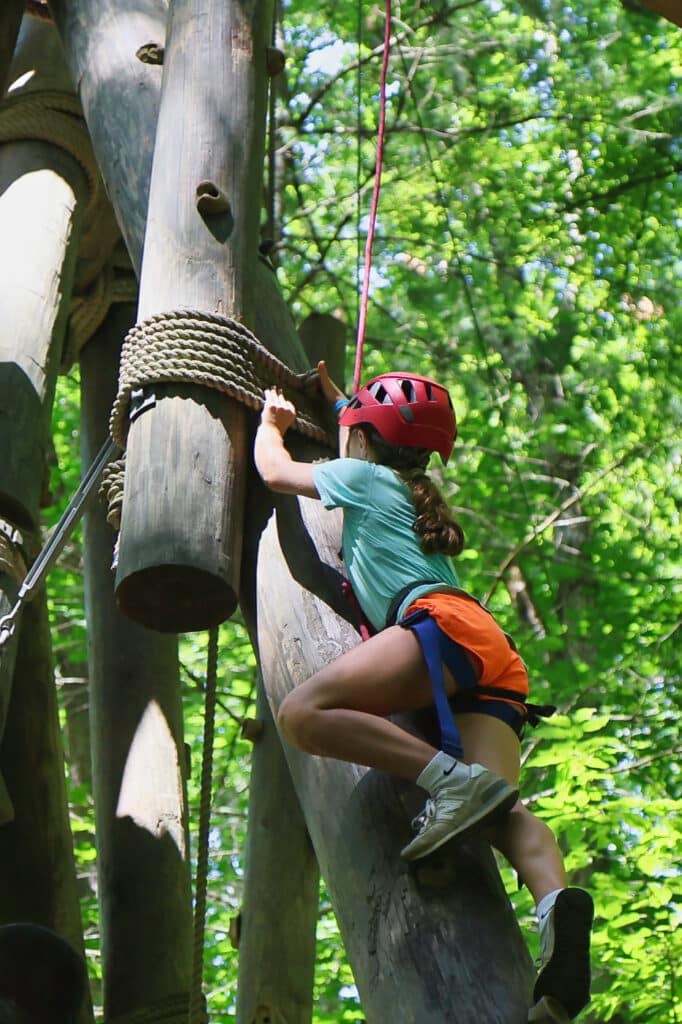
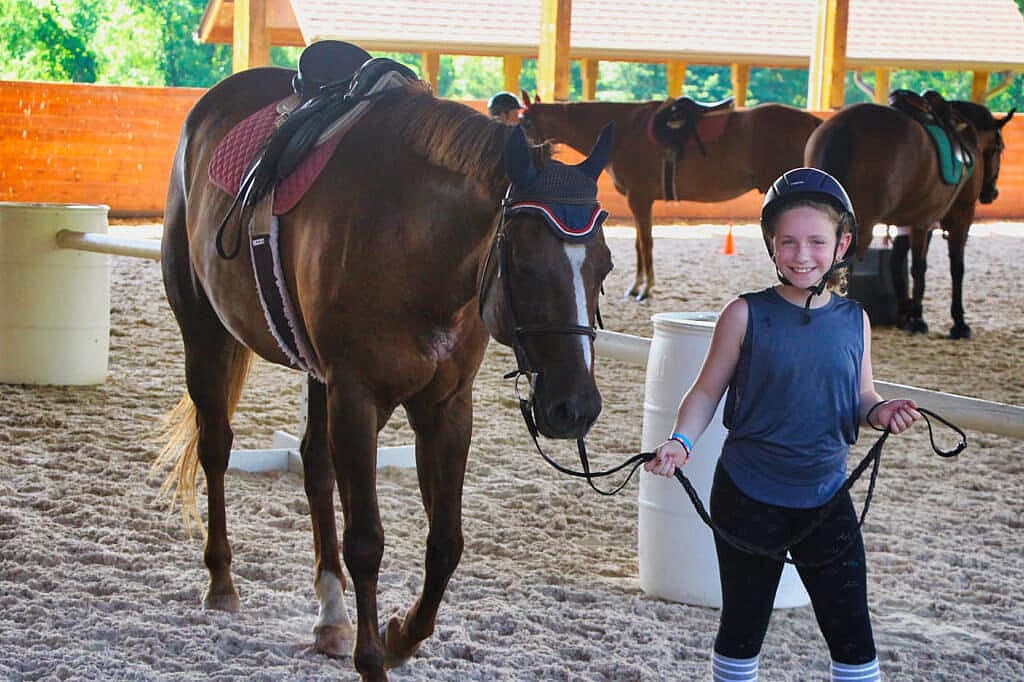
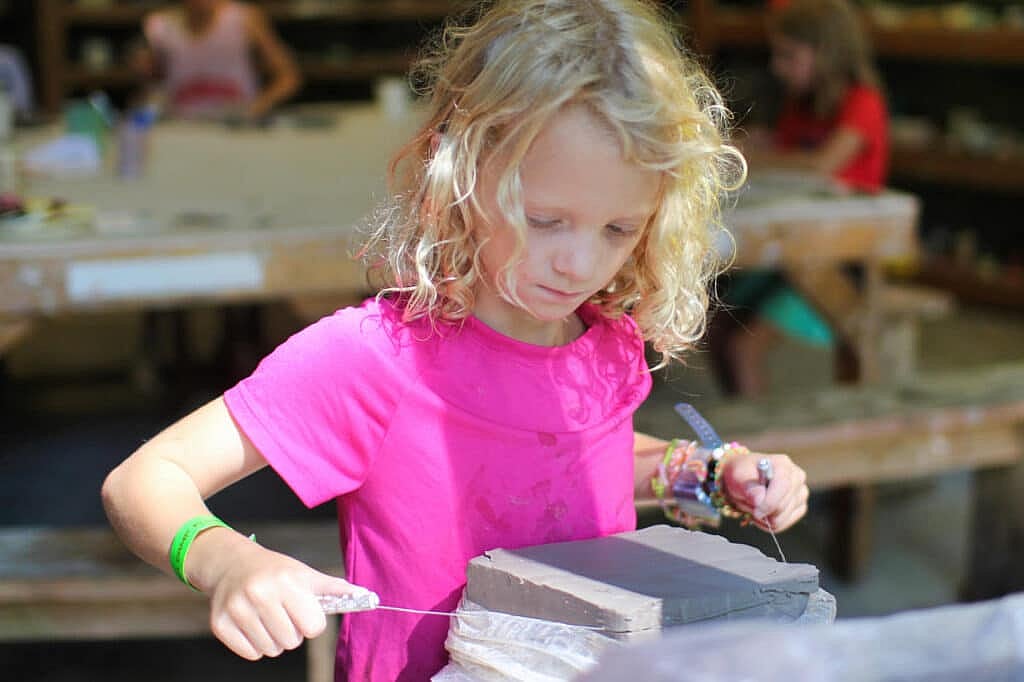
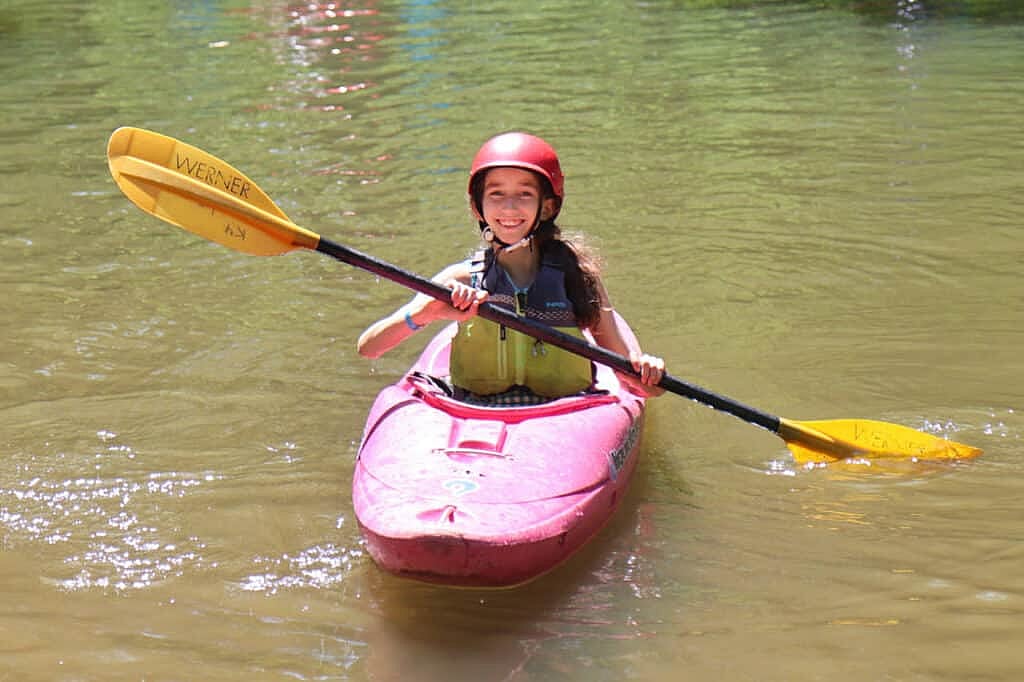
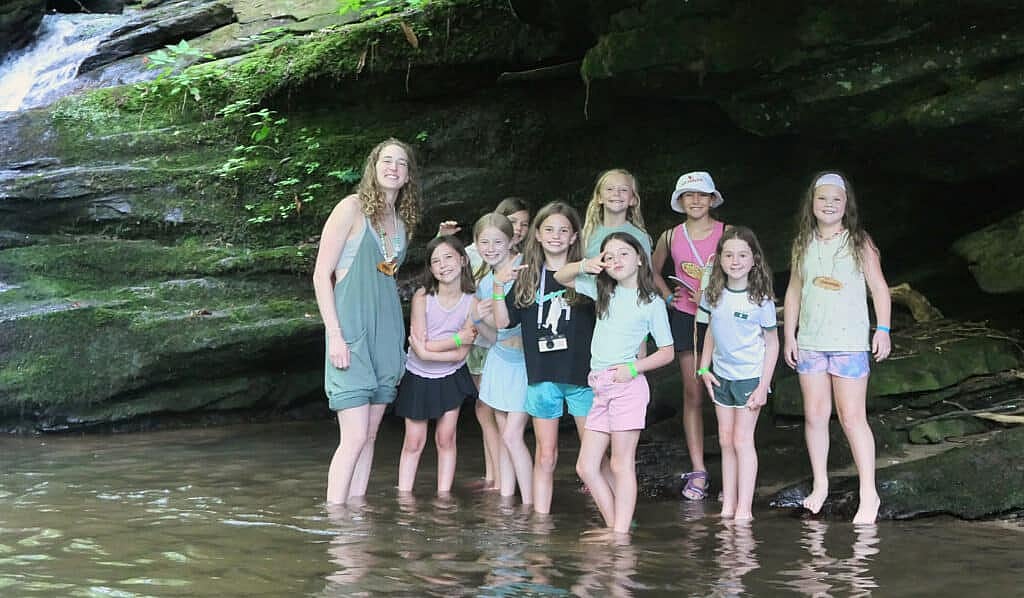
0 Comments
Comment section